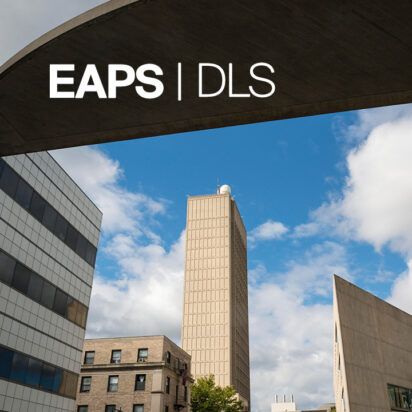
[DLS] Ted Bergin (University of Michigan)
Date: Tuesday, September 24, 2024 Time: 12:30 - 1:30pm Location: 55-110 | MIT Campus, Cambridge, MA“Beyond the Earth: the trail of elemental carbon in planet formation”
Our solar system contains clues to the composition of extrasolar terrestrial worlds and the rocky cores of mini-Neptune’s. I will present a new model for the composition of planets that form in the inner few au near their stellar hosts. This model is developed to explain the carbon-poor composition of the Earth and other bodies in the inner solar system. For the water-poor Earth, the water ice line, or ice sublimation front, within the planet-forming disk has long been a key focal point. We posit that the soot line, the location where solid-state organics are irreversibly destroyed, is also a key location. This new perspective can explain the low carbon content of the Earth and primitive meteorites but also has direct predictions for extrasolar systems. (1) We predict that a population of planets (terrestrial worlds and mini-Neptune’s) will form in particular locations in their protoplanetary disks such that they receive significant inventories of organics, with low water content. As a result of geochemical equilibrium, the mantle of such a planet could be rich in reduced carbon but have relatively low oxygen (water) content. Although this type of planet has no solar system counterpart, it should be common in the galaxy. We will present simulations of the atmospheric content of these planets and discuss the potential implications of planetary carbon content on the mass radius relation. (2) We predict that interior to the soot line within young protoplanetary disks the gas phase elemental C/O ratio will exceed unity and will discuss a range of JWST observations of disk systems that test this hypothesis.
EAPS Department Lecture Series
Weekly talks aimed to bring together the entire EAPS community, given by leading thinkers in the areas of geology, geophysics, geobiology, geochemistry, atmospheric science, oceanography, climatology, and planetary science. Runs concurrently with class 12.S501.
Contact: eapsinfo@mit.edu
